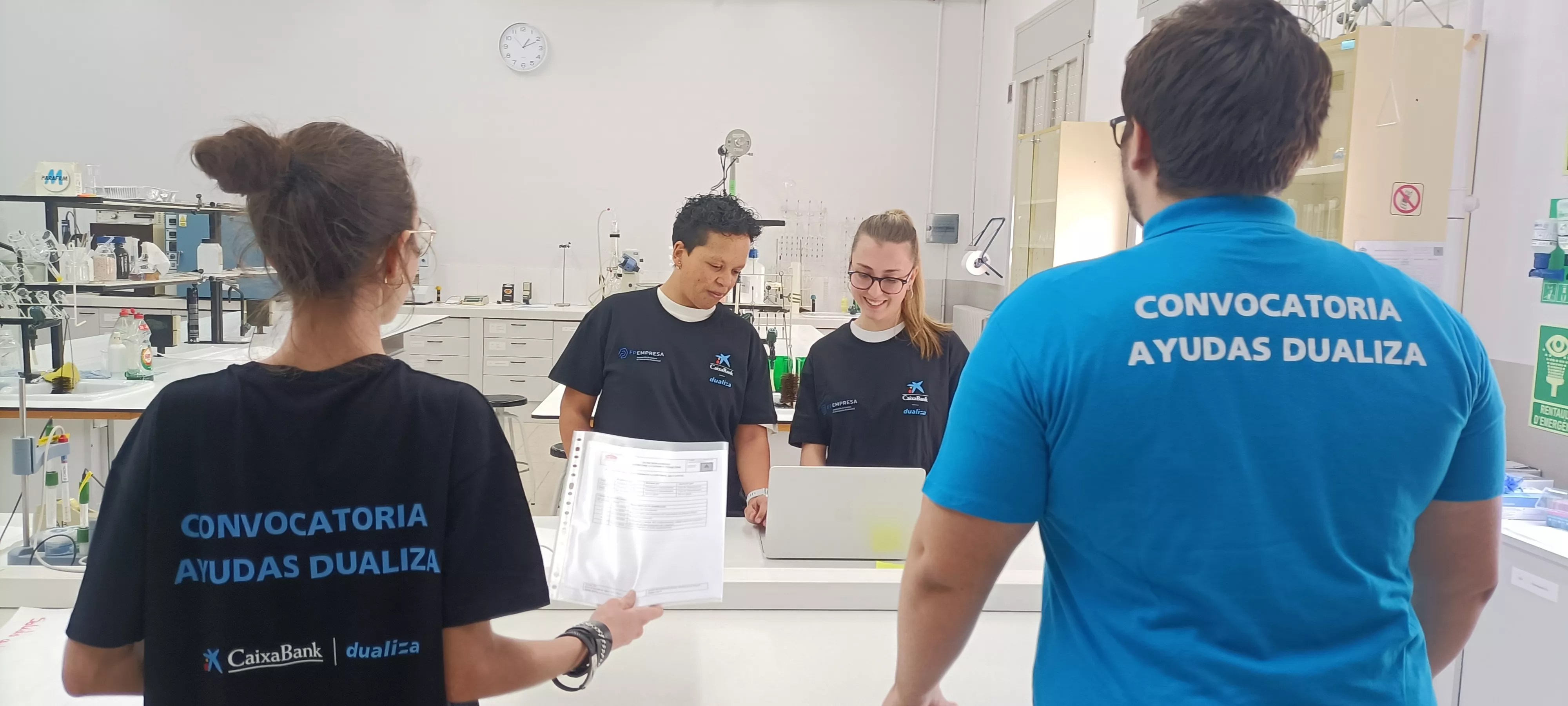
SANTA CRUZ DE TENERIFE, 4 Jul. (EUROPA PRESS) –
As reported by the General Directorate of Public Health, the Puerto de la Cruz City Council has issued a directive to the public to refrain from swimming in the entire Playa Jardín complex due to contamination with sewage, as informed by the Puerto de la Cruz City Council.
In collaboration with the mentioned service of the Canary Islands Government, the City Council will enhance the monitoring of the waters, addressing, if necessary, all recommendations and alerts from Public Health regarding the water quality based on the analyses conducted, establishing a supervision protocol to assess if the results show improvement and allow the lifting of the swimming ban at the beach.
To enforce this measure, starting from Thursday, all access points to the beach will be clearly marked with signs in multiple languages, implementing a temporary ban on swimming for health protection reasons, after confirming that the water quality is inadequate or unsuitable for swimming due to contamination with sewage, identified through Escherichia coli bacteria analysis, with epidemiological evidence indicating potential gastrointestinal issues from water ingestion, as well as other conditions such as respiratory infections and ear, eye, nasal passages, and skin infections.
Following the receipt of a report from the Department of Health of the Canary Islands Government and discussions with municipal representatives in a meeting held on Tuesday with the Director of Public Health, José Fernando Díaz-Flores, attended by the Environment Councillor, Blanca Pérez, and the Water Council Manager, Javier Davara, it was announced that this measure will be in place indefinitely, responding to the decline in water quality in the Playa Jardín area since at least 2016, intensifying during the last year in 2024.
The Public Health report provides a detailed overview of the water conditions in various coastal areas of the municipality, highlighting that Playa Jardín has experienced a deterioration in water quality over recent years, transitioning from excellent to just adequate and approaching insufficient levels, indicating a gradual decline in water quality specifically around Playa Jardín since 2016.
According to the report, water quality at Martiánez and San Telmo is rated as excellent and good respectively, with an uptick in San Telmo’s condition over the past two years, experiencing no contamination incidents since September 2022.
IMPACT ON PORT’S REPUTATION.
Mayor Marco González expressed regret over the potential damage to the destination’s image and the island as a whole, attributing it to the imperative for caution and preventive action amidst the water quality concerns. He voiced his belief that the situation can be rectified “if all authorities prioritise planned actions with the necessary funding.”
Under the Community Well-being initiative and in collaboration with the sanitation service provider for the city, following the improvement of the surrounding network along the coast in 2022, further investigations will be conducted to identify underlying causes contributing to the deteriorating water quality at Playa Jardín. Additionally, plans are underway to connect 100% of homes, restaurants, and businesses in the Punta Brava area to the municipal sanitation network in the coming months, along with raising awareness among residents for their cooperation in scrutinising each property.
Efforts are also being made to ensure direct disposal of wastewater from La Vera and Las Dehesas to the Regional Wastewater Treatment Plant, bypassing the Playa Jardín Pumping Station.
The mayor also announced ongoing discussions with the Tenerife Island Council and its Water Council (CIATF) to expedite the long-awaited project for the comprehensive rehabilitation of the outfall, identified with a crack since at least last year. The project has been pending authorisations from the Coastal Service of the Government of the Canary Islands since April 2023, awaiting an urgent launch.
Furthermore, the 2023 Surveillance and Control Program for the regional wastewater treatment plant meets the discharge authorisation requirements into the sea, indicating compliance with the environmental regulations, as per documents provided by the CIATF.
The municipality has also requested a comprehensive report on the pumping stations and the monitoring programme for the outfall overseen by the Council to gain a better understanding of the environmental status in the area and the operations of the infrastructure managed by the Island Water Council.
Additionally, expedited procedures are being initiated to inspect the crack in the outfall, conducted annually in October, to rule out any possible acceleration of issues around Playa Jardín.
















